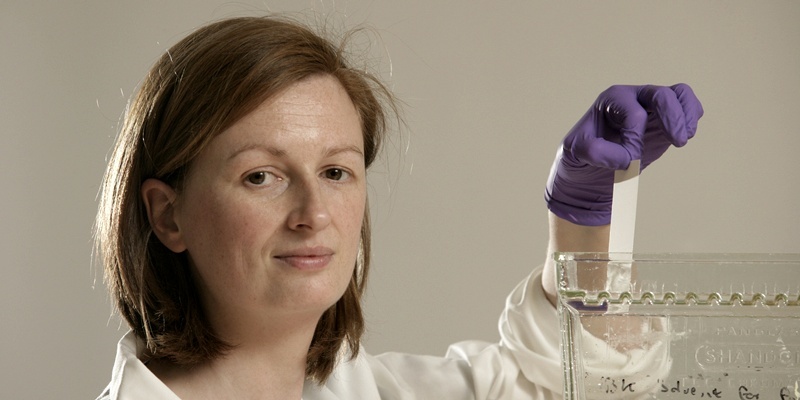A Dundee University researcher has won one of the biggest prizes in science.
Dr Victoria Cowling, whose work on genes could lead to the development of new cancer treatments, received £200,000 to support her work over the next five years.
She is one of only three people chosen by the Lister Institute of Preventive Medicine, whose annual prizes give young scientists the chance to develop their potential.
Dr Cowling said, “The funding will allow us to carry out some vital experiments. It’s really an award for the whole lab since it was the lab members’ hard work which resulted in us receiving it.”
Her success was welcomed by Professor Mike Ferguson, dean of research at the college of life sciences.
He said, “The competition for the Lister research prizes is fierce and Vicky is to be congratulated on winning one for her highly innovative approach to fundamental cell biology and biochemistry.
“It is also a recognition of the college’s commitment to supporting excellent early career researchers.”
Dr Cowling graduated from Cambridge University and did her doctoral research in London at Cancer Research UK’s labs. She then worked at universities in America before coming to Dundee in 2007.
Her research is focused on how genes that cause cancer affect the first stage of protein production in the body.
